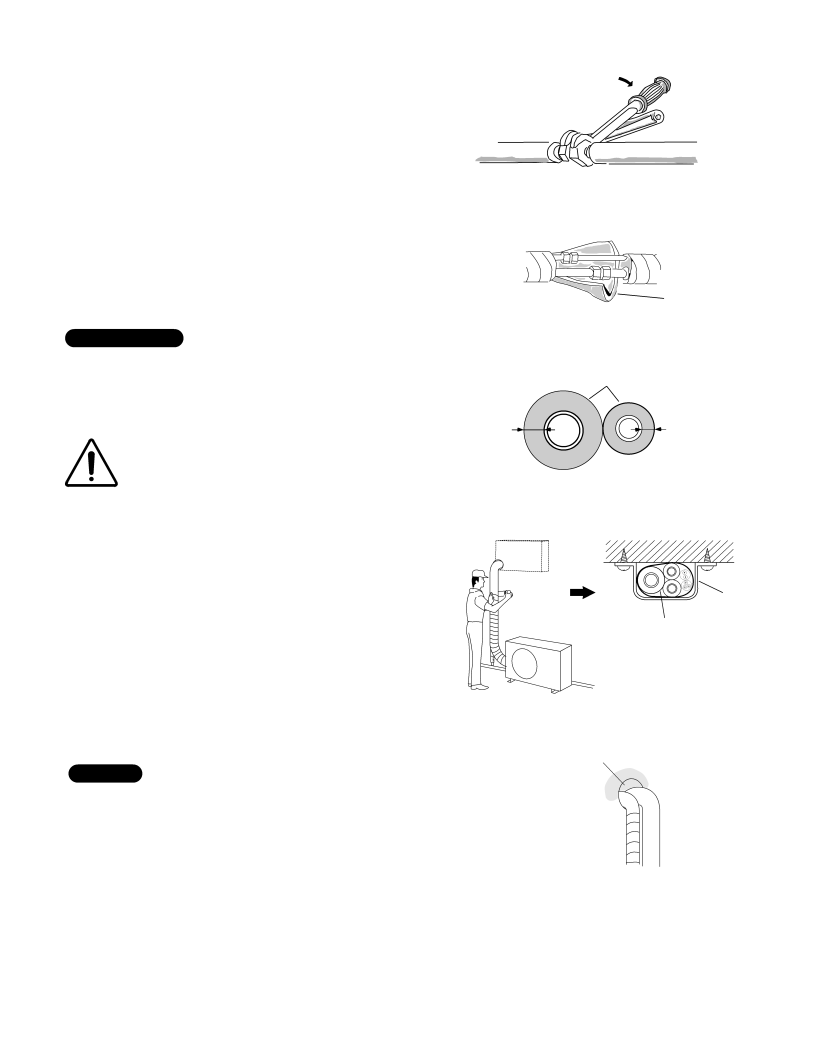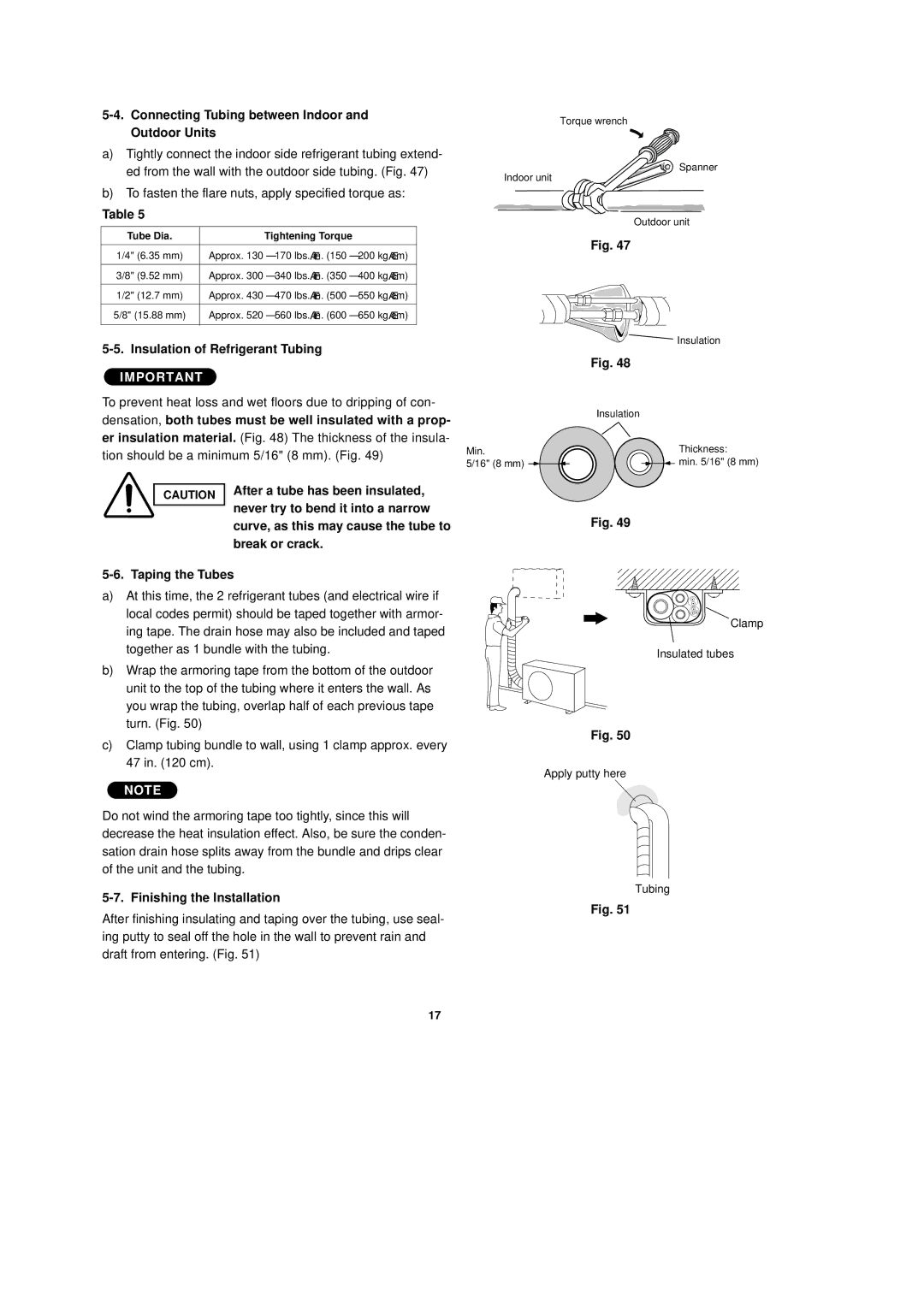C0951, CL1251, CL1852, CL0951, C1251 specifications
The Sanyo C1251, CL0951, C1852, C0951, and CL1852 models represent a collection of versatile and reliable audio and visual components that cater to varied consumer demands. Each model showcases Sanyo's commitment to innovation and quality, featuring a range of technologies that enhance functionality and user experience.The Sanyo C1251 is renowned for its compact design, making it an ideal choice for users with limited space. It incorporates advanced digital processing technology, which ensures that audio output is crisp and clear. This model is especially beneficial for smaller settings, where sound clarity and power are essential.
The CL0951 stands out with its superior connectivity options, enabling seamless integration with various devices. This model supports Bluetooth and NFC technologies, providing users with the ability to connect their smartphones easily. With built-in advanced equalization settings, users can tailor the audio output to their preferences, ensuring an optimal listening experience.
Sanyo's C1852 model is focused on delivering high-performance sound. It features a powerful amplification system, allowing it to produce rich and deep audio suitable for larger environments. This model is ideal for both casual and serious listeners who demand high fidelity and dynamic soundscapes.
The C0951 is designed for versatility, equipped with features that make it suitable for both home and office use. Its sleek design complements modern interiors, and it comes with various preset audio modes. Additionally, it offers a USB port for direct playback from flash drives, enhancing its usability.
Finally, the CL1852 serves as a flagship model in terms of multimedia capabilities. It combines high-definition video output with powerful audio performance, making it an excellent option for presentations and entertainment. The inclusion of smart features such as voice control and remote operation enhances user convenience, making it a sophisticated choice for tech-savvy consumers.
In summary, Sanyo's C1251, CL0951, C1852, C0951, and CL1852 models collectively encompass a range of features and technologies tailored to meet diverse needs. From connectivity options and sound quality to multimedia capabilities and user-centric designs, these models reflect Sanyo's dedication to providing top-notch audio and visual experiences for consumers.

